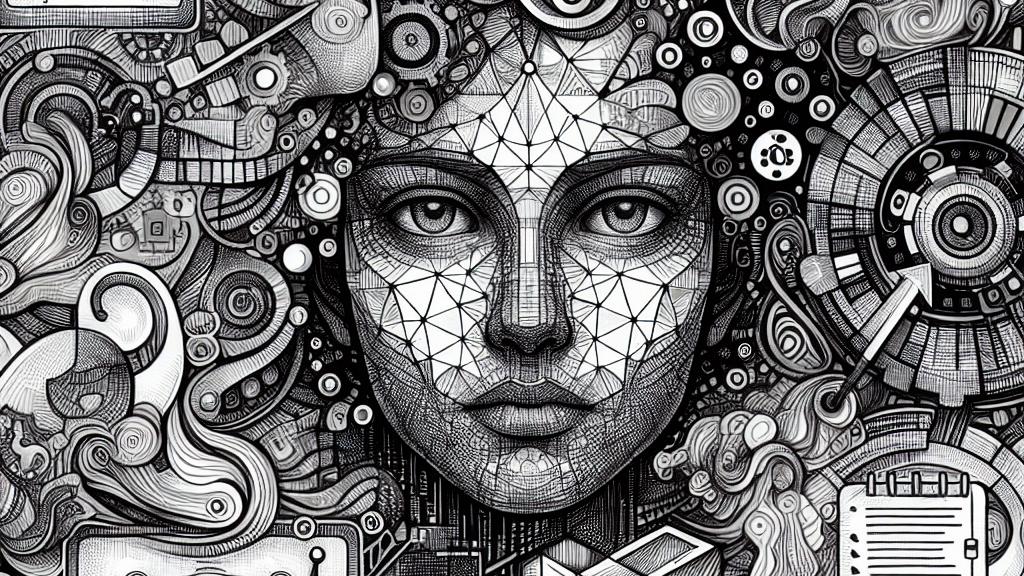Evaluating Agentic Systems with Agent-as-a-Judge Framework
Overview
- Introducing the groundbreaking Agent-as-a-Judge framework for nuanced evaluation of AI agents.
- Employs dynamic agent-based systems to deliver real-time feedback and enhance decision-making.
- Showcases its innovative application in code generation through the impressive DevAI benchmark.

Context of Agentic Systems in Artificial Intelligence
In the captivating realm of artificial intelligence, the evolution of agentic systems stands out as a thrilling development. These sophisticated AI agents are not mere tools; they possess the remarkable ability to autonomously tackle complex tasks, such as code generation and problem-solving. However, traditional evaluation methods often leave much to be desired. Oftentimes, they focus narrowly on end products, ignoring the intricate processes that lead to those outcomes, or they burden evaluators with tedious manual assessment. Imagine the potential unlocked when we enable these agents to evaluate one another! This idea, poised to revolutionize AI evaluation, ignites curiosity and opens the door to new methodologies that could pave the way for a more efficient, self-sustaining AI ecosystem.
Significance of the Agent-as-a-Judge Framework
The Agent-as-a-Judge framework emerges as a transformative force in this landscape, redefining the principles of AI assessment. Envision a scenario where AI agents play a dual role—not only executing tasks but also vetting each other's performance. This framework introduces a functionality that allows agents to offer constant feedback throughout their task-solving journey, facilitating a continuous learning loop. For instance, think of an AI agent charged with writing software; by evaluating its approach based on insights received from peers, it can refine its processes more effectively. Such an interplay becomes a catalyst for improvement, emphasizing that the evaluation process itself can evolve into a rich learning experience. Ultimately, this marks a decisive step toward a future where AI systems possess the capability for self-improvement, adaptability, and intelligence enhancement through collaborative evaluation.
Implementation and Outcomes of DevAI
To realize the vision presented by the Agent-as-a-Judge framework, researchers have launched DevAI—a comprehensive benchmark packed with 55 authentic automated AI development tasks, encompassing a remarkable collection of 365 diverse user requirements. This impressive benchmark serves as a testing ground for scrutinizing the performance of three leading agentic systems. And here’s the exciting part: the results were groundbreaking. The Agent-as-a-Judge framework not only outperformed traditional evaluation modalities such as LLM-as-a-Judge, but it also achieved reliability on par with human evaluators, showcasing its robustness. This extraordinary advancement underscores the importance of rich, reliable feedback mechanisms that empower agents to continually learn and enhance their capabilities. With each step forward, the landscape of AI evaluation transforms, heralding an exhilarating new era where agentic systems can thrive and evolve alongside the rapid pace of technological innovation.

Loading...